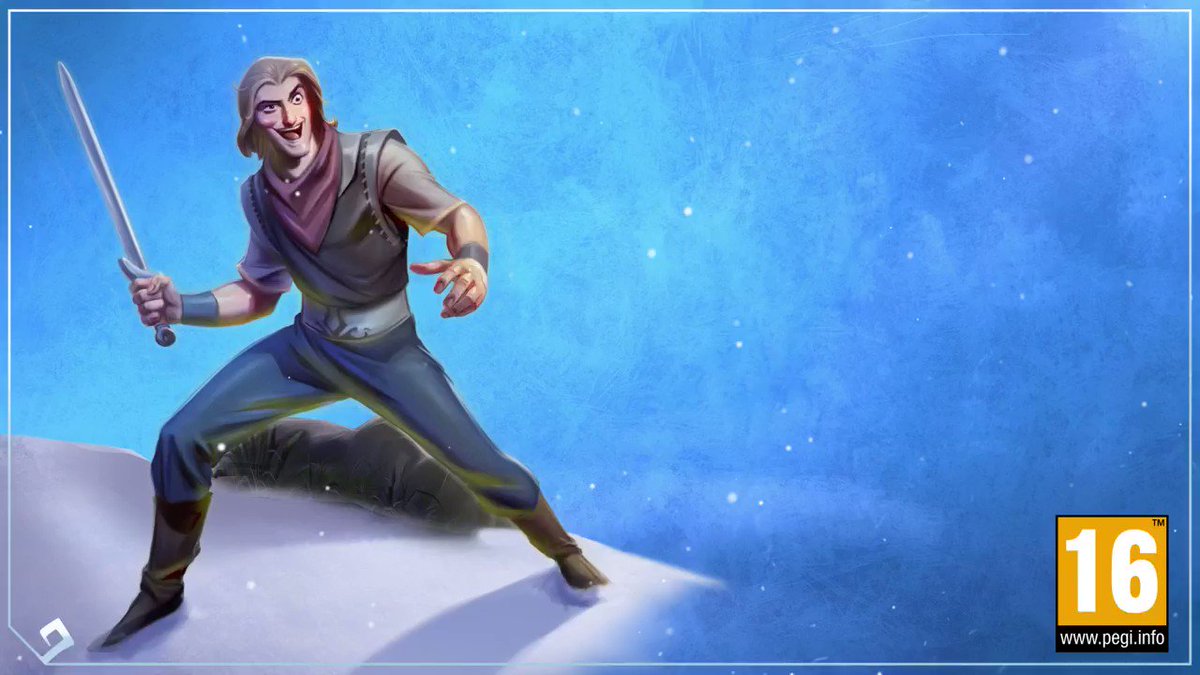1) What's changed in terms of the tools you use for "graphical work" of today versus what you did 2 or 5 years ago? (sort of like the difference between what you would have done to develop an area like Sennisten last year compared to the Arachaeology Sites and Anachronia versus say the Falador graphical update or Menaphos)
2) How do you develop a shop's User Interface? what ways do you use to set the quantity of an item and how the rate of the item "restocks"? (ie: store sells 10 of it, but this shop seems to restock 1 per minute, another 1 per hour, another 1 per second)
3) What do you use as criteria for an NPC's wander radius and and the boundaries of the location?
4) Besides outdated graphical content, What are some of the technical challenges in making some content like old holiday events a "permanent" piece of content? (sort of like bringing a 2016 or later Halloween event back as a permanent miniquest)
What's changed in terms of the tools you use for "graphical work" of today versus what you did 2 or 5 years ago?
I reached out to some of artists for this one - We've been using industry standard tools for a long time now, although there was a point where we used all in house created tools for modelling and texturing. Advancements with our engine capabilities and style choices meant we could move to more standard tools, and utilise 3ds Max and Maya much better. Stylistically we have changed from more hand painted texturing, where we were using 3D Coat to texture our models, to a PBR based system, which allows our materials applied to assets to react with the environment around them. For this type of texturing we use Substance painter. We also use Zbrush for sculpting our high detail meshes, which are used for the texturing stage by baking the high poly detail onto our low poly in game mesh.
Read moreHow do you develop a shop's User Int...
